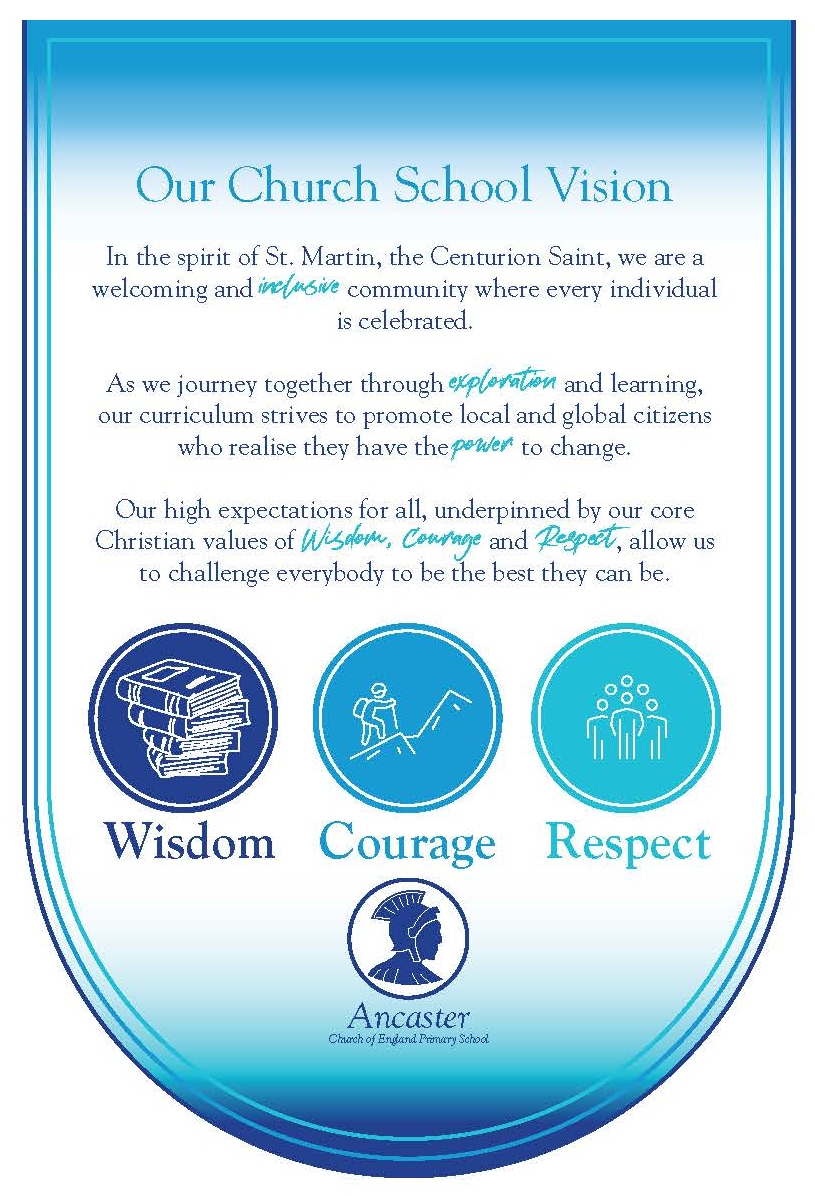Spiritual Development
Spiritual Development
John Bradford (1995) stated ’For a human being, especially a child or young person, to have a full quality of life, spirituality in all its aspects must be nurtured and affirmed.’
What is spiritual development?
Spiritual development differs from person to person and is a very personal experience. For this reason, it is difficult to put into words. Spirituality concerns a person’s relationship with four elements 1) themselves, 2) with others with another being such as God (or the transcendent), and with nature and the environment. Spirituality is not the same as having a religion or faith; a person can be spiritual without having a particular faith.
In keeping with our Christian Vision, we recognise that we have a spiritual dimension to our explore. We nurture this through the academic rigour we bring to our work and through our passion to help children and adults to flourish and achieve their God given potential.
The four elements – these consist of:
Self
- Awareness of feelings; ability to reflect and express
- Awareness of our uniqueness; happiness with who we are
- Gratitude for the things we have and the person we are
- Exploration of personal faith
- Development of imagination and creativity
Others
- Empathy and understanding; respect
- To love and be loved (loving your neighbour)
- Making a difference; duty
Transcendence (Beyond)
- Encountering/experiencing God (having a sense of what lies beyond the material/physical)
- Ability to ask and discuss the ‘Big Questions’ (eg about life, death, suffering, nature of God)
- Opportunities for prayer, connecting with God
- Making sense of the world
Nature
- Developing a sense of awe and wonder
- Enjoying the miracles of everyday life
- Taking time for what really matters
- Appreciating beauty in art, music, nature


